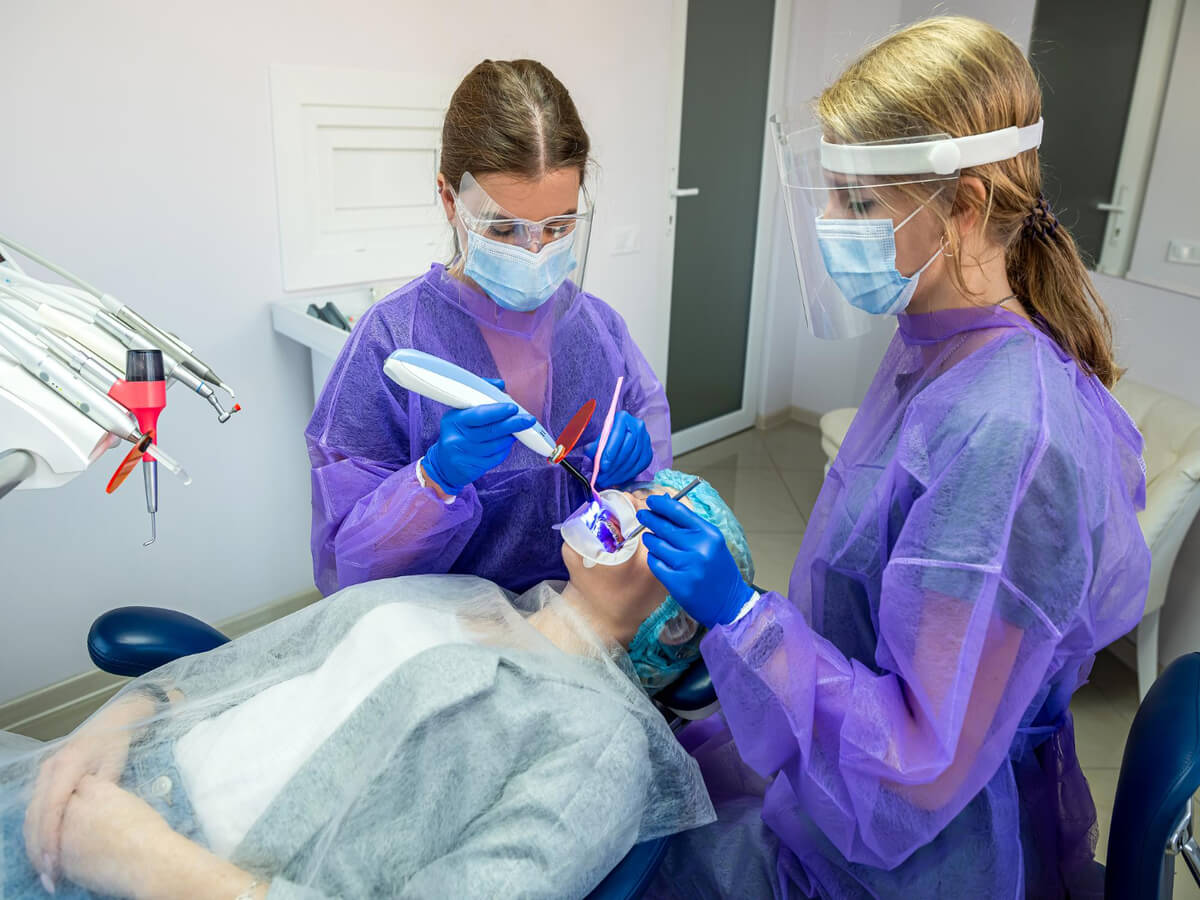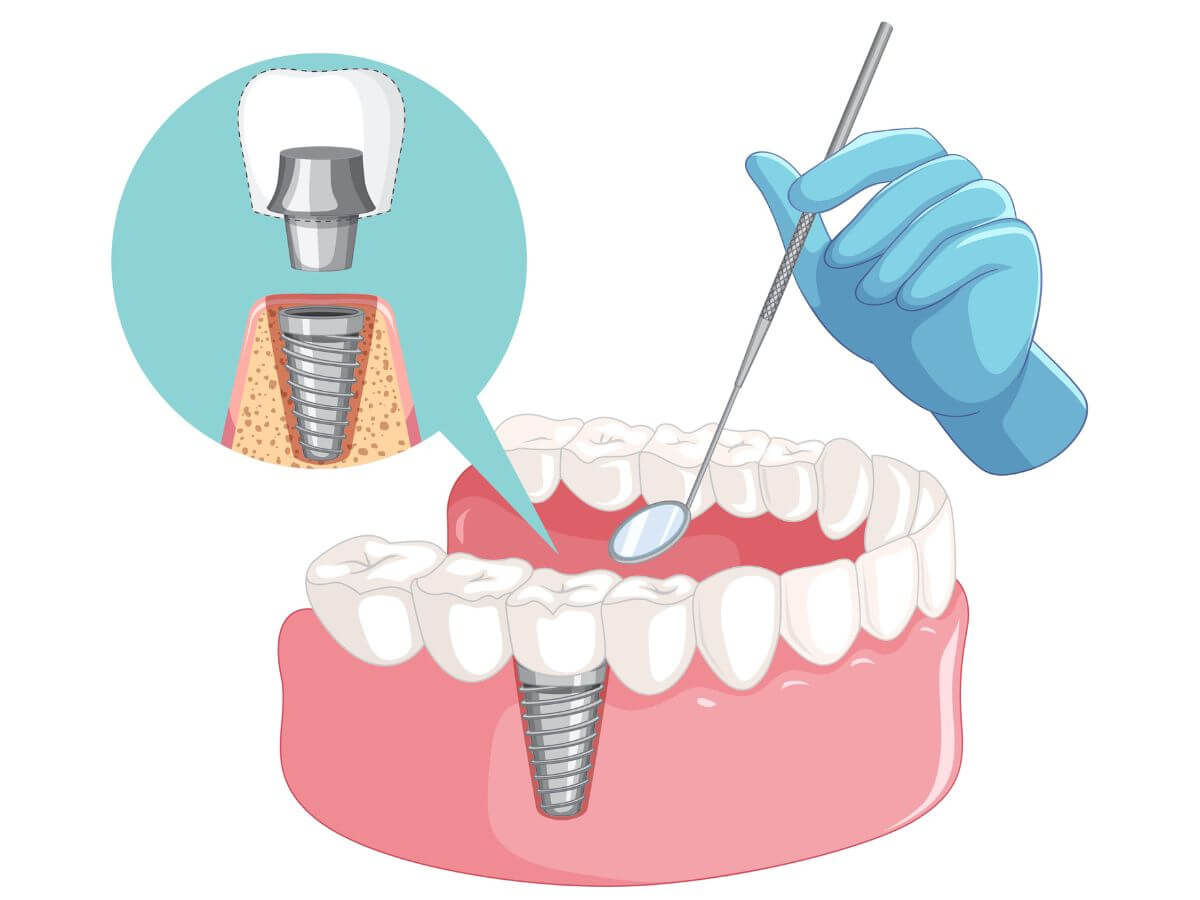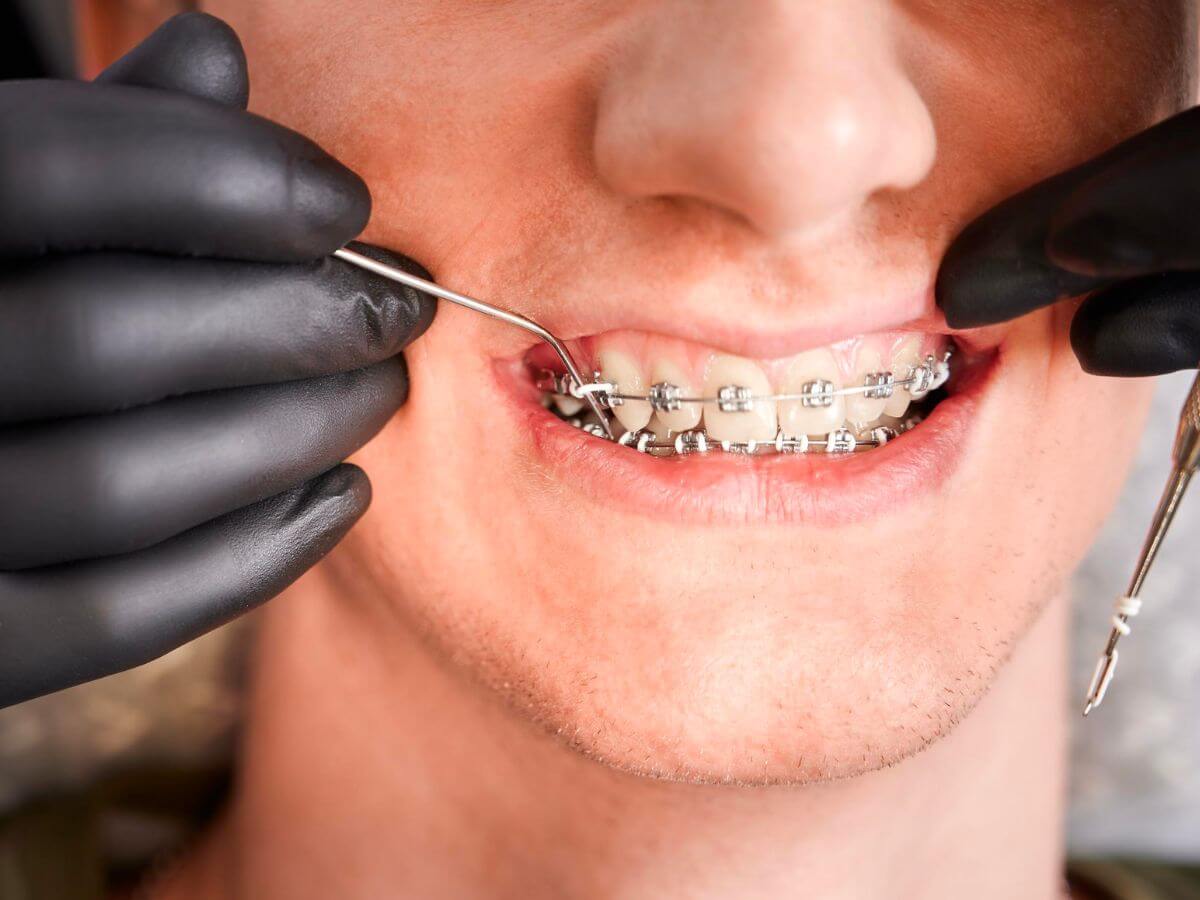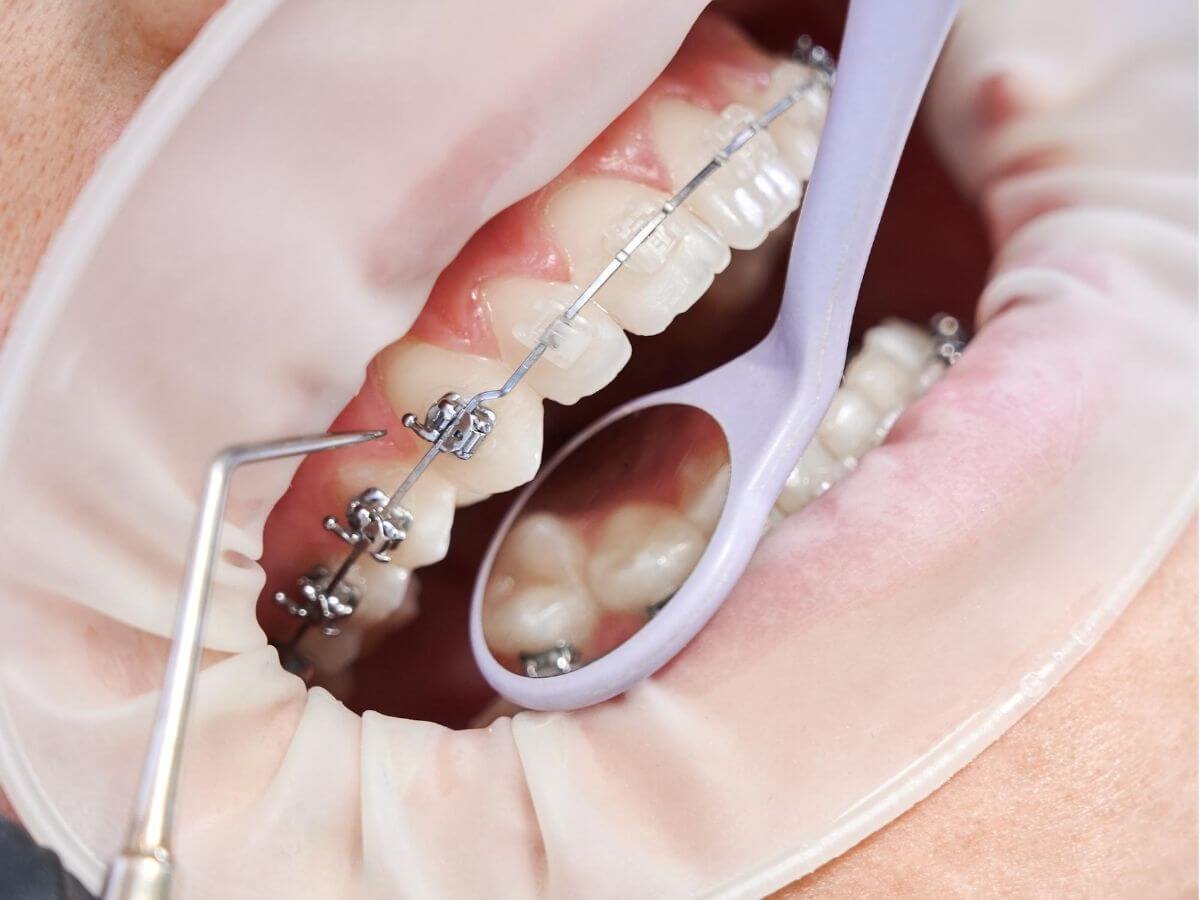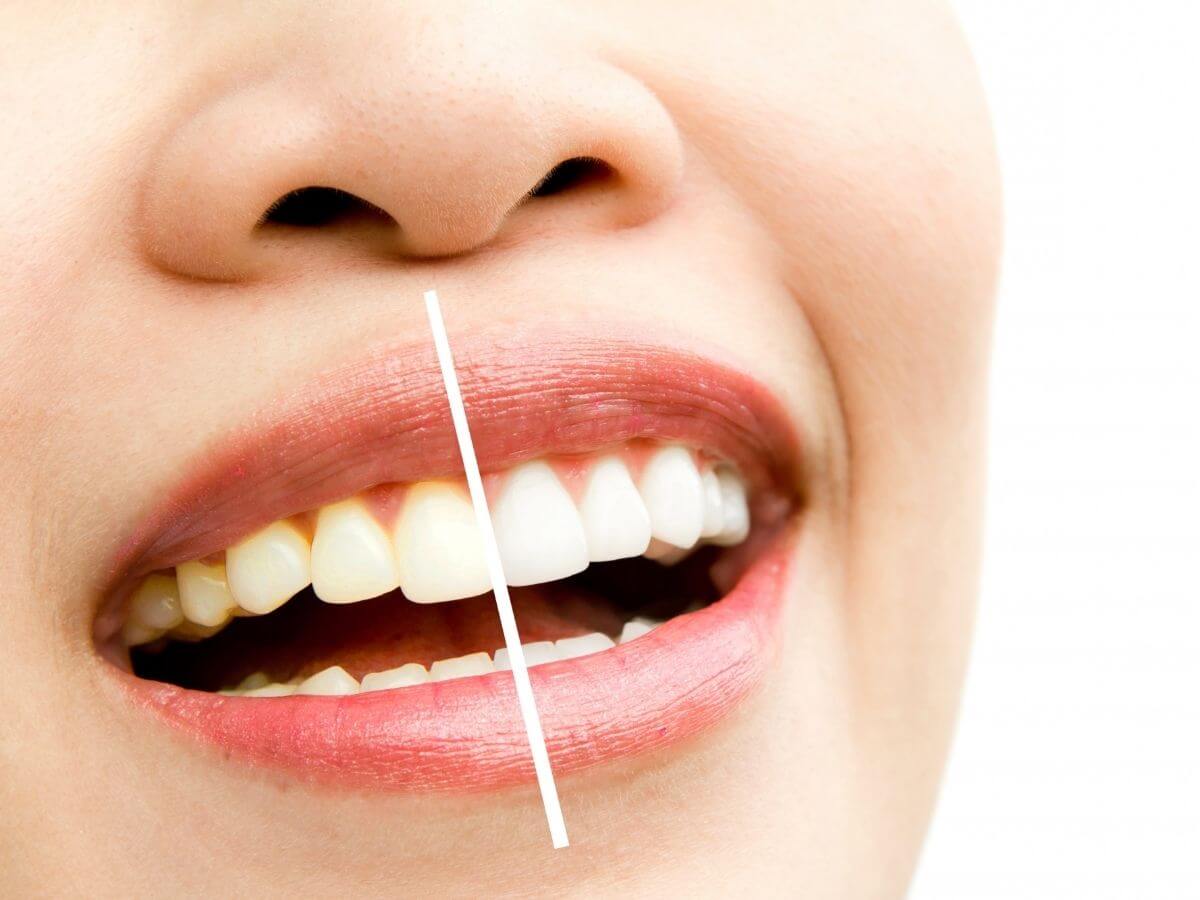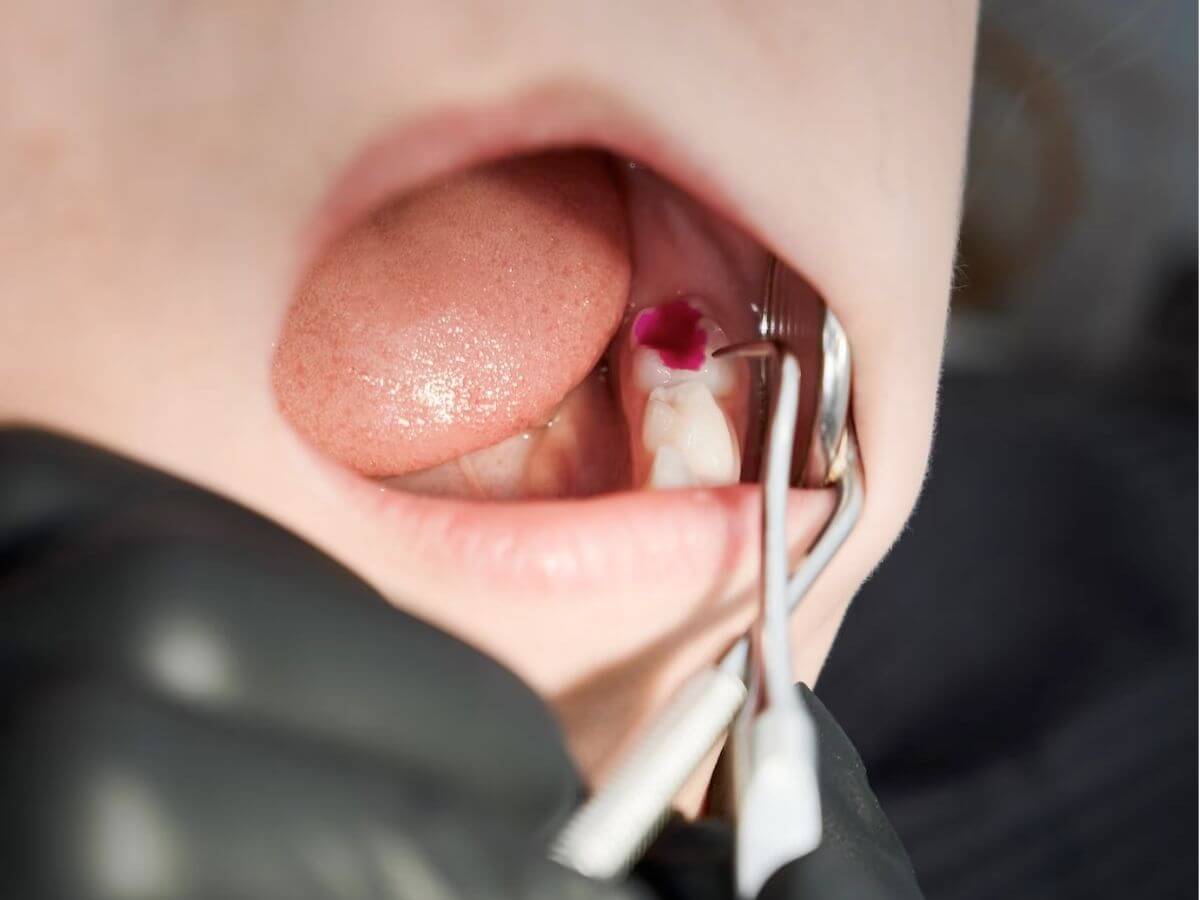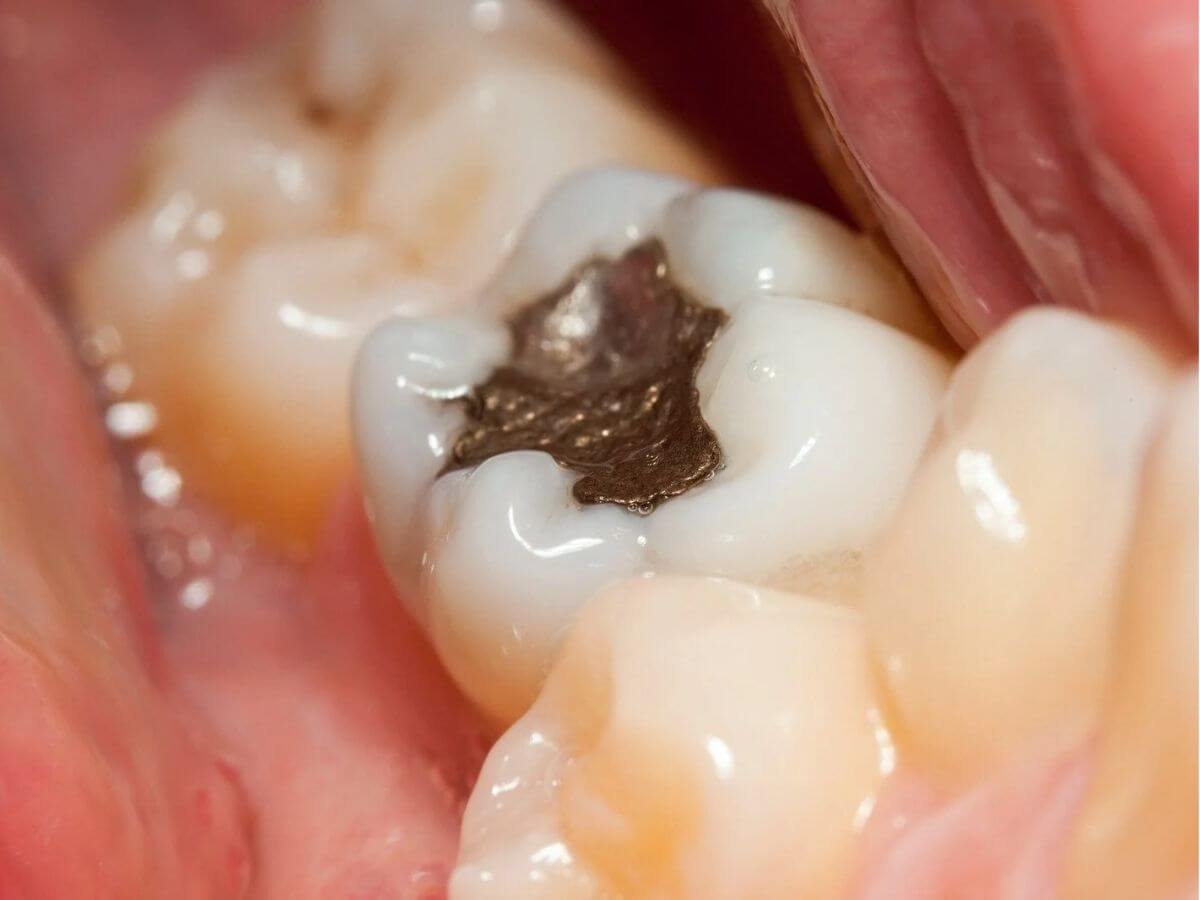Dental treatments and dental surgery services in Penang
If you are looking for a dental care professional who will provide high-quality dental treatment, you have come to the right dental clinic. At Family Dental, we are committed to providing the best dental surgery services in Penang for our patients.
At Family Dental, we offer a range of dental services for you to maintain good oral hygiene. Whether it is dental surgery, braces, teeth whitening, dental implant or others, we have you covered.
We pride ourselves on utilizing the most current practices in dental treatment along with the latest technology available today. At Family Dental, we offer the best price in Penang.
Teeth Cleaning and Prevention
Get a comprehensive examination to determine the present state of your teeth and gums, which also includes scaling and polishing to maintain your overall dental hygiene.
Restorative Dentistry
Restore your damaged, chipped or broken tooth with our range of effective dental treatment options from dental crowns, and dental bridges to dental inlays or onlays and composite tooth fillings.
Dental Filling
Repair and protect your tooth that is damaged by decay and return it to its normal function and shape through the use of a composite or GIC filling.
Root Canal Treatment
Preserve your infected or badly damaged tooth from extraction and relieve toothache with a root canal treatment, which involves removing the nerve from the affected tooth.
Braces Treatment
Reshape and enhance the natural look of your teeth with braces whether they are crooked, protruding, or misaligned for a complete smile makeover.
Teeth Whitening
Remove tough stains on your teeth with a longer lasting teeth whitening treatment that will leave you with a noticeably whiter and brighter smile.
Denture
Replace a missing tooth or multiple teeth with the use of partial or full dentures for an overall cosmetic improvement and better oral well-being.
Remove impacted wisdom tooth or non-restorable tooth that may cause severe toothache, infection or swollen cheeks in order to maintain overall oral health and structure.
Children’s Dentistry
Help maintain your child’s dental hygiene and oral health at all stages of their teeth development, all done in a warm and friendly environment.
Dental Implants
Replace a missing tooth with a dental implant made of a strong and sturdy biocomposite material without causing unnecessary harm onto the remaining natural teeth.
Did you know?
Children have fewer teeth than adults.
See you at Family Dental
Opening hours
Mon, Tue & Fri: 9am-6pm
Wed & Thu: 9am-9pm
Sat, Sun & Public Holiday: 10am-6pm

